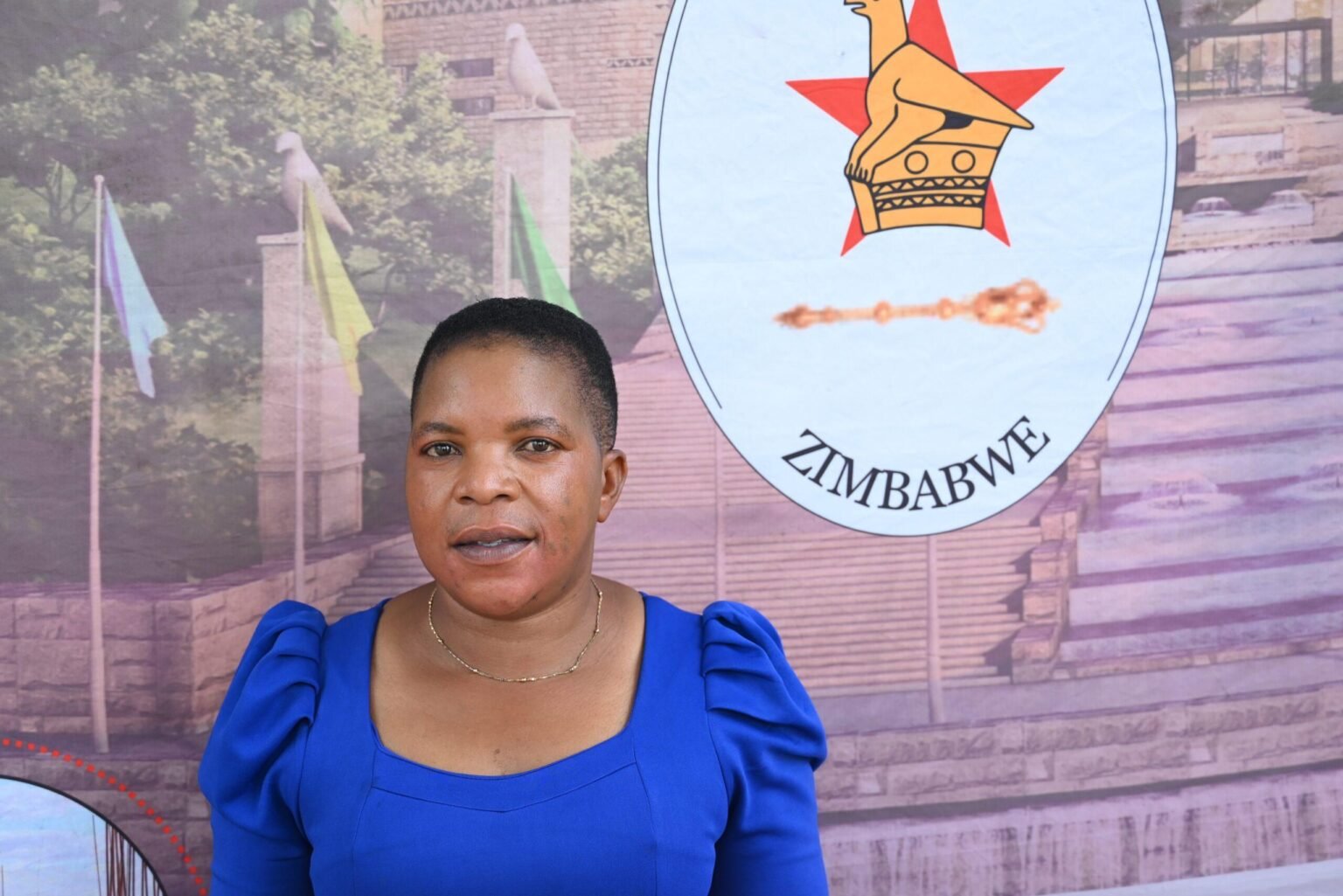Zimbabwe’s Environmental Agencies Face Collapse as Treasury Fails to Release Funds
Izwi Voices Staff Writer
Bulawayo – The Parliamentary Portfolio Committee on Environment, Climate and Wildlife has accused the Treasury of starving key environmental parastatals of funds, leading to their operational collapse and undermining national environmental protection efforts.
Speaking at the just-ended 2026 Pre-Budget Seminar, Acting Committee Chairperson Hon. Chinjai Kambuzuma described the persistent underfunding as a “national emergency” requiring urgent fiscal intervention.
“The Treasury has failed to consistently remit statutory funds to mandated parastatals. In the case of EMA, proceeds from the carbon tax meant to finance pollution-based priority areas have never been honoured by Treasury.”
She further revealed that the Afforestation Fund, collected from tobacco farmers to support the Forestry Commission’s reforestation programme, was only disbursed in 2019, 2020, and partially in 2021, before being stopped altogether. The lack of sustained funding, she warned, has crippled the commission’s ability to implement afforestation programmes.
The committee noted that environmental agencies such as the Forestry Commission and the Environmental Management Agency (EMA) rely on predictable and dedicated funding to carry out their mandates. However, inconsistent disbursements have forced them to depend on unreliable revenue streams, resulting in the loss of skilled staff and a growing budget deficit.
Hon. Kambuzuma stressed that social forestry and natural resource protection are non-revenue generating functions, yet they remain essential to national sustainability.
“Environmental degradation, if left unchecked due to inadequate funding, will continue to impose a far greater and unsustainable cost on the nation’s health, economic productivity, and infrastructure,” she said.
The Committee urged the Minister of Finance to significantly increase the 2026 budget allocation to the Ministry of Environment, Climate and Wildlife, calling for a closure of the 89% funding gap affecting priority programmes.
“The 2026 Budget must view funding the Ministry not as a cost centre, but as a critical mechanism for sovereign revenue protection, public health, and long-term economic resilience,” Kambuzuma said.
The Committee emphasised that Zimbabwe’s forest sector should be recognised as a strategic natural capital asset, contributing directly to climate resilience, sustainable livelihoods, and national economic stability.

